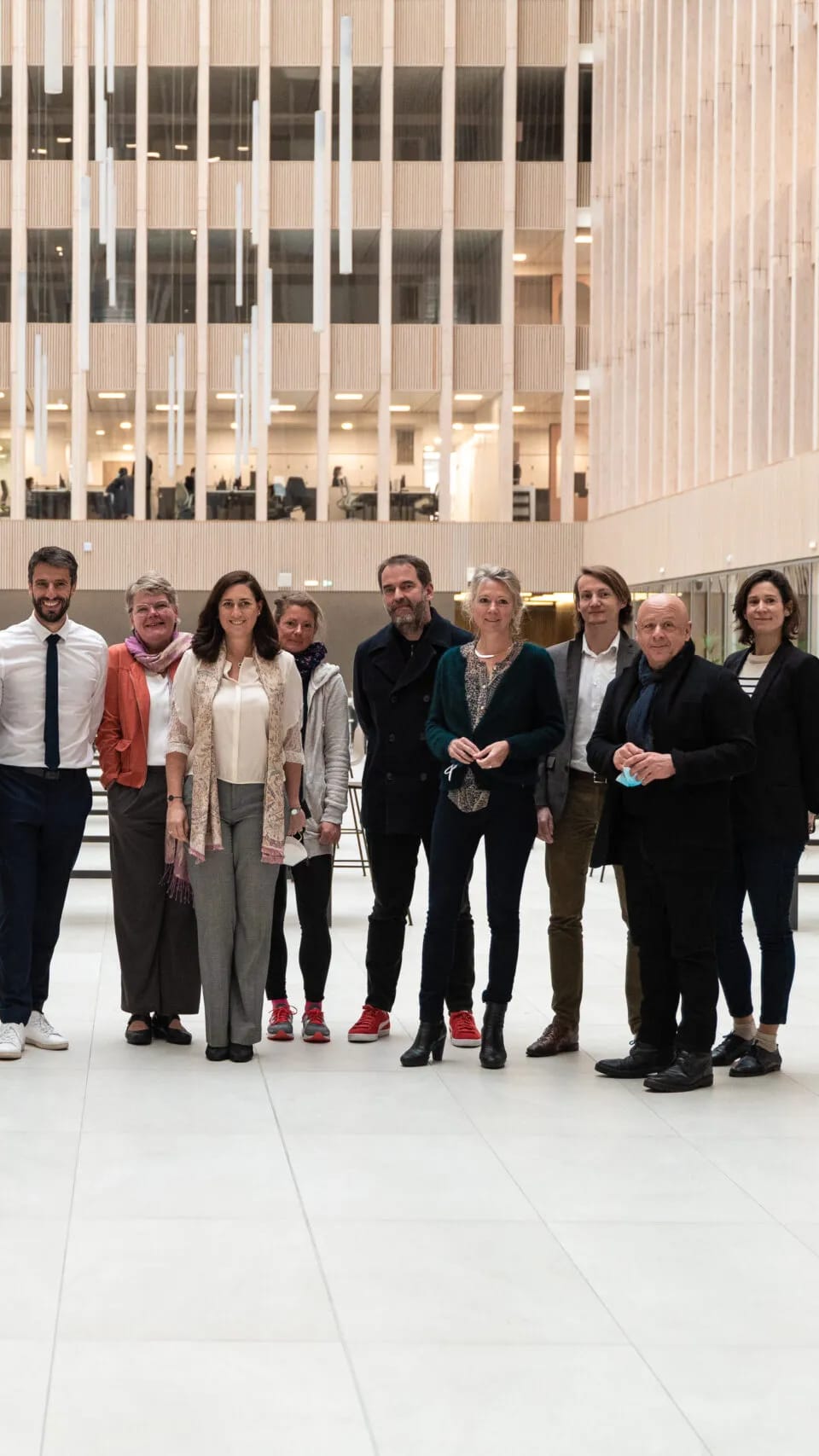
Ecological Transformation Committee
The Ecological Transformation Committee for the Games supports Paris 2024 with its climate and environmental strategy across the project’s entire scope (carbon impact, biodiversity, circular economy, energy, catering, digital technology, temporary construction, innovation and change management), with an advisory and monitoring role in the delivery of Paris 2024 commitments.
Chaired by Gilles Boeuf, the committee is made up of nine experts, joined by representatives from Paris City Council, the Ministry of Sport, the Ministerial Delegation for the Olympic and Paralympic Games (DIJOP), the Ile-de-France Region, the Seine-Saint-Denis Department, Métropole du Grand Paris, the National Olympic and Paralympic Committees, and the French Agency for Ecological Transition (ADEME), as well as a representative from the Paris 2024 Athletes’ Commission.
The Committee meets three times a year to share its views, recommendations and progress, prior to the regular meeting of the Paris 2024 Board of Directors. Gilles Boeuf as both Chairman of the Games Environmental Transformation Committee and an independent board member reports to the board on the work accomplished by the committee.
Composition of the Paris 2024 Ecological Transformation Committee
Nine experts who specialise in biodiversity, climate, energy, catering, circular economy, digital technology, resilience, construction and responsible innovation provide their expertise and advice with a view to driving progress on all aspects of the world’s biggest sporting event. Their diverse profiles reflect Paris 2024’s commitment to transversal ecological actions spanning all these aspects of the project.
The experts
Gilles Boeuf – Professor, Sorbonne University, AgroParisTech– (biodiversity expert) – President
Benoit Leguet – Managing Director, I4CE (Institute for Climate Economics) – (climate expert)
Lola Vallejo - Climate Programme Director, IDDRI – (climate expert)
Nathalie Boyer – CEO, OREE – (circular economy expert)
Pascale Dalix – Managing Partner, Chartier Dalix – (sustainable construction expert)
Thierry Marx – Chef – (sustainable catering expert)
Vincent Courboulay – Scientific Director, Institut Numérique Responsable – (responsible digital technology expert)
Michèle Pappalardo – President of the Committee of the “Socially Responsible Investment label” (resilience expert)
Representatives from Paris 2024’s ecosystem
Marie Dorin – Representative from the Athletes’ Commission
Nadia Boeglin – Representative from the ADEME
François Croquette – Representative from the City of Paris
Hugues Ravenel – Representative from the DIJOP
Ari Brodach – Representative from the departmental Council of Seine-Saint-Denis
Jean Zoungrana – Representative from the French National and Olympic Sports Committee (CNOSF)
Audrey Wittersheim – Representative from the French National and Olympic Sports Committee (CNOSF)
Nicolas Rolland – Representative from the Greater Paris Metropolis (MGP)
Cyril More – Representative from the French National and Paralympic Committee (CPSF)
Fantine Lefevre – Representative from the Île-de-France region
Laure Battala – Representative from the Ministry for Sports and Olympic and Paralympic Games














